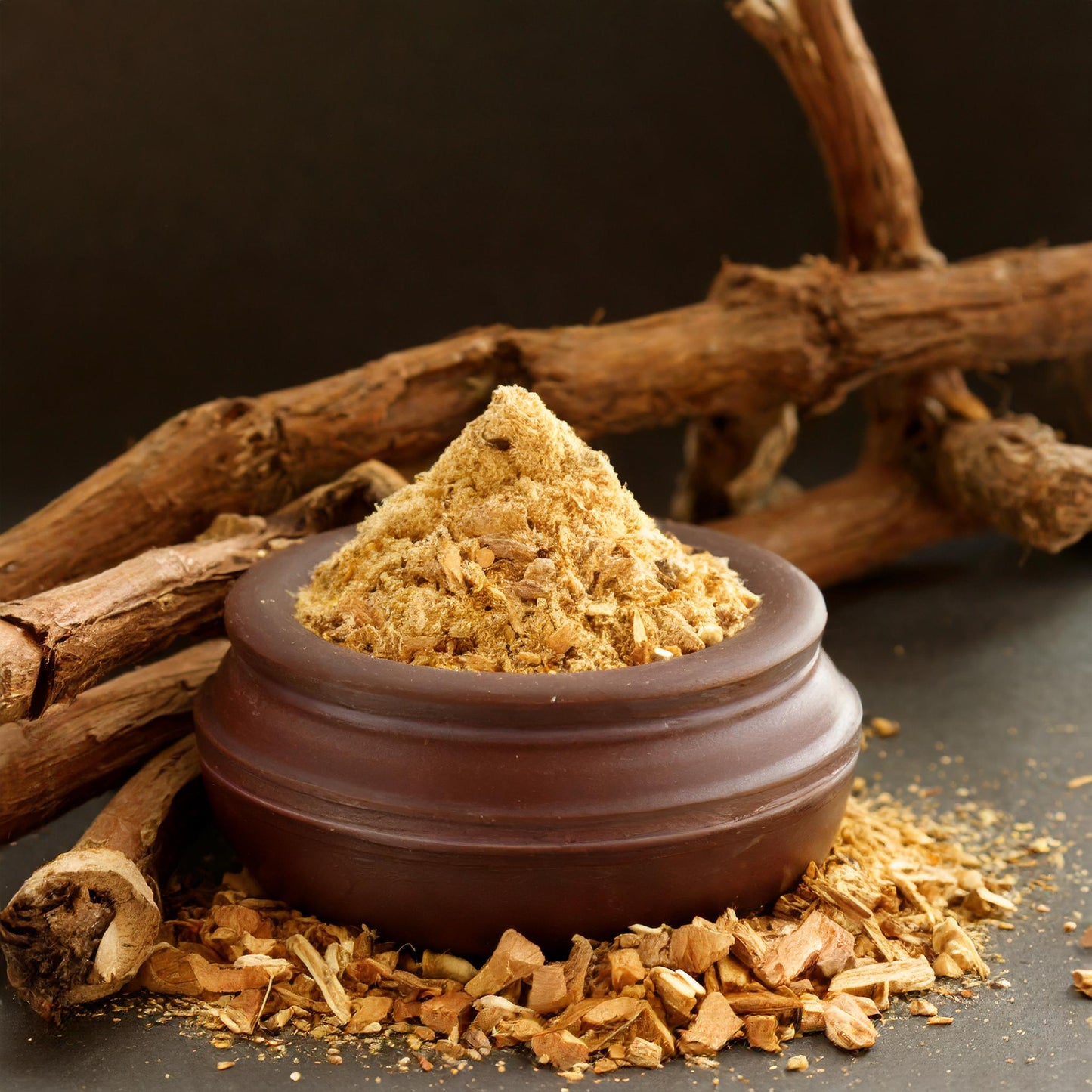Botanical Sage
Cat's Claw Bark C/S
Cat's Claw Bark C/S
Couldn't load pickup availability
Cat's claw bark, derived from the Uncaria tomentosa and Uncaria guianensis species of vines native to the Amazon rainforest and other parts of Central and South America, is renowned for its potential medicinal properties. Here are some of the traditional and modern medicinal uses associated with cat's claw bark:
-
Immune Support: Cat's claw bark is known for its immunomodulatory properties, meaning it may help regulate and strengthen the immune system. It contains compounds such as alkaloids, flavonoids, and polyphenols that support immune function by enhancing the activity of white blood cells and promoting the production of cytokines, which are signaling molecules involved in immune responses. Cat's claw bark is used to support overall immune health and may be beneficial for individuals with weakened immune systems or recurrent infections.
-
Anti-inflammatory Effects: Cat's claw bark has potent anti-inflammatory properties, attributed to its active compounds such as oxindole alkaloids and quinovic acid glycosides. It may help reduce inflammation in the body and alleviate symptoms associated with inflammatory conditions such as arthritis, rheumatism, and inflammatory bowel diseases. Cat's claw bark is used as a natural remedy for pain, swelling, and stiffness caused by inflammation.
-
Antioxidant Activity: Cat's claw bark contains antioxidants, including polyphenols and tannins, which help neutralize free radicals and protect cells from oxidative damage. Antioxidants play a role in preventing cellular aging and reducing the risk of chronic diseases such as cancer, heart disease, and neurodegenerative disorders. Cat's claw bark may help support overall health and longevity by scavenging harmful free radicals.
-
Digestive Health: Cat's claw bark has been traditionally used to support digestive health and alleviate gastrointestinal disorders. It may help reduce inflammation in the digestive tract, soothe irritated tissues, and promote the healing of ulcers and lesions. Cat's claw bark is used to alleviate symptoms of conditions such as gastritis, peptic ulcers, irritable bowel syndrome (IBS), and Crohn's disease.
-
Antiviral and Antimicrobial Effects: Cat's claw bark exhibits antiviral and antimicrobial properties, making it effective against a variety of pathogens, including viruses, bacteria, fungi, and parasites. It may help prevent and treat infections such as colds, flu, urinary tract infections (UTIs), and candidiasis. Cat's claw bark may also enhance the effectiveness of conventional antibiotics and antiviral medications.
-
Cancer Support: Some studies suggest that cat's claw bark may have anticancer properties, although more research is needed to confirm its effectiveness. It is believed to inhibit the growth and spread of cancer cells, induce apoptosis (programmed cell death), and enhance the body's natural defenses against cancer. Cat's claw bark is sometimes used as a complementary therapy for cancer prevention and treatment, although it should not replace conventional cancer therapies.
-
Neuroprotective Effects: Cat's claw bark may have neuroprotective properties, helping to protect the brain and nervous system from damage caused by oxidative stress, inflammation, and neurodegenerative diseases. It may improve cognitive function, memory, and mood and reduce the risk of age-related cognitive decline.
Cat's claw bark is available in various forms, including capsules, tablets, tinctures, teas, and extracts. It's important to choose high-quality cat's claw products from reputable sources and follow dosage recommendations. As with any herbal remedy, it's advisable to consult with a qualified healthcare professional before using cat's claw bark, especially if you have any underlying health conditions or are pregnant or breastfeeding.


